Breastfeeding is the best thing for a sick or premature baby. Not only will it give them the nutrition they need to get stronger, it will also protect them from infection.
What is kangaroo care?
This video shows how skin-to-skin 'kangaroo care' helps premature babies.
Expressing your breastmilk for a premature or ill baby
If your baby is sick or premature they probably won't be able to feed from the breast at first. Instead you'll be encouraged to express your breast milk so your baby can be fed through a tube or syringe. The earlier and the more you express, the more milk you will produce when your baby is stronger and ready to start feeding from the breast.
If this is your first time breastfeeding, it might take some time to get used to expressing. Try not to worry if it’s taking longer than you thought or hurts a little – it will get much easier as the days and weeks go by. And once your milk supply has been established, feeding forms a special bond between you and your baby.
Remember, your baby may only need small amounts of milk to begin with, but it's really important to be prepared for when your baby is bigger and needs more milk. Watch this video for guidance on how to use an electric pump.
You can sometimes rent or loan an electric pump from the hospital. Sometimes you might have to hire or buy one. Your midwife or neonatal nurse will be on hand to help you get started. Have a look at the guides to expressing and bottle feeding for more information.
Top tips for expressing and feeding a premature baby
Tip #1: Start expressing as soon as you can
Start expressing within two hours of giving birth, even if your baby is refusing or too sleepy to feed.
Tip #2: Express between 8-10 times in 24 hours
Aim to express 8-10 times in 24 hours especially in the first couple of weeks. You will have a lot on your mind when your baby is born and you might be very tired and sore from giving birth. However, expressing often will help to establish your milk supply when it comes through. Once you get up to around 900mls per day then you may be able to decrease the frequency of expressing.
Tip #3: Ask for help
Ask your neonatal nurse or midwife to check your expressing technique.
Tip #4: Keep drinking water
Have a big glass of water before you go to bed, needing the toilet can then be a natural alarm for a night time expressing session.
Tip #5: Express in clusters
Express in clusters (2-3 times close together) to give you a bit of space. However, don’t leave more than four hours during the day and six hours during the night between expressing.
Tip #6: Keep going even if you think your milk supply has dropped
It is normal for your milk supply to vary between feeds and on some days it will suddenly drop. Make sure that you are expressing often enough and without big gaps – you may have to do this up to 8-10 times a day for a short period. Also, check that the funnel on the pump is a good fit. Skin to skin contact with your baby, a breast massage or simply relaxing will encourage your milk to flow again. Keep positive, you can do this! It’s not easy at the start, but as each day passes it will get better.
Preparing for the first breastfeed
Babies can practise breastfeeding during skin-to-skin contact by licking or even taking the nipple in their mouth. From around 32–34 weeks your baby will begin to manage sucking, swallowing and breathing at the same time and, if well, may be ready to feed from your breast. Babies all progress at different rates and it's important to take one day at a time. Small premature babies tire easily and may take some time to fully establish breastfeeding. Our page on getting started will help you get ready.
UNICEF Baby Friendly initiative have produced a booklet Supporting love and nurture on the neonatal unit which provides more information about breastfeeding and caring for a premature baby.
 Activities & Play
Activities & Play Behaviour
Behaviour Childcare
Childcare Development & Growing Up
Development & Growing Up Family, Friends & Relationships
Family, Friends & Relationships Feeding Your Baby
Feeding Your Baby Food & Eating
Food & Eating Health & Safety
Health & Safety Mental Health & Wellbeing
Mental Health & Wellbeing Money & Work
Money & Work Online Behaviour & Safety
Online Behaviour & Safety Pregnancy & First Days
Pregnancy & First Days School & Education
School & Education Sleep
Sleep


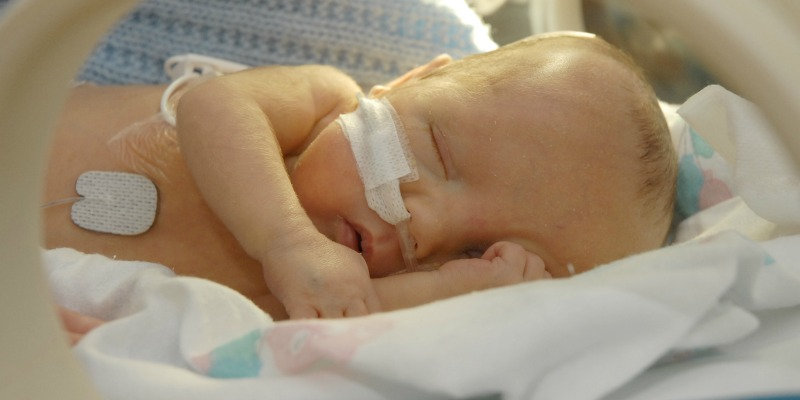


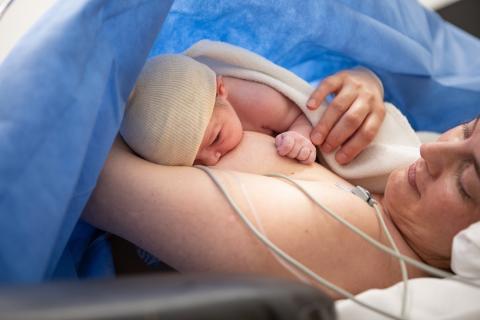
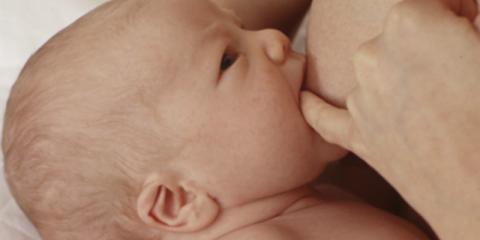
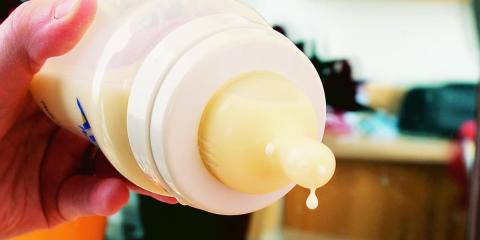
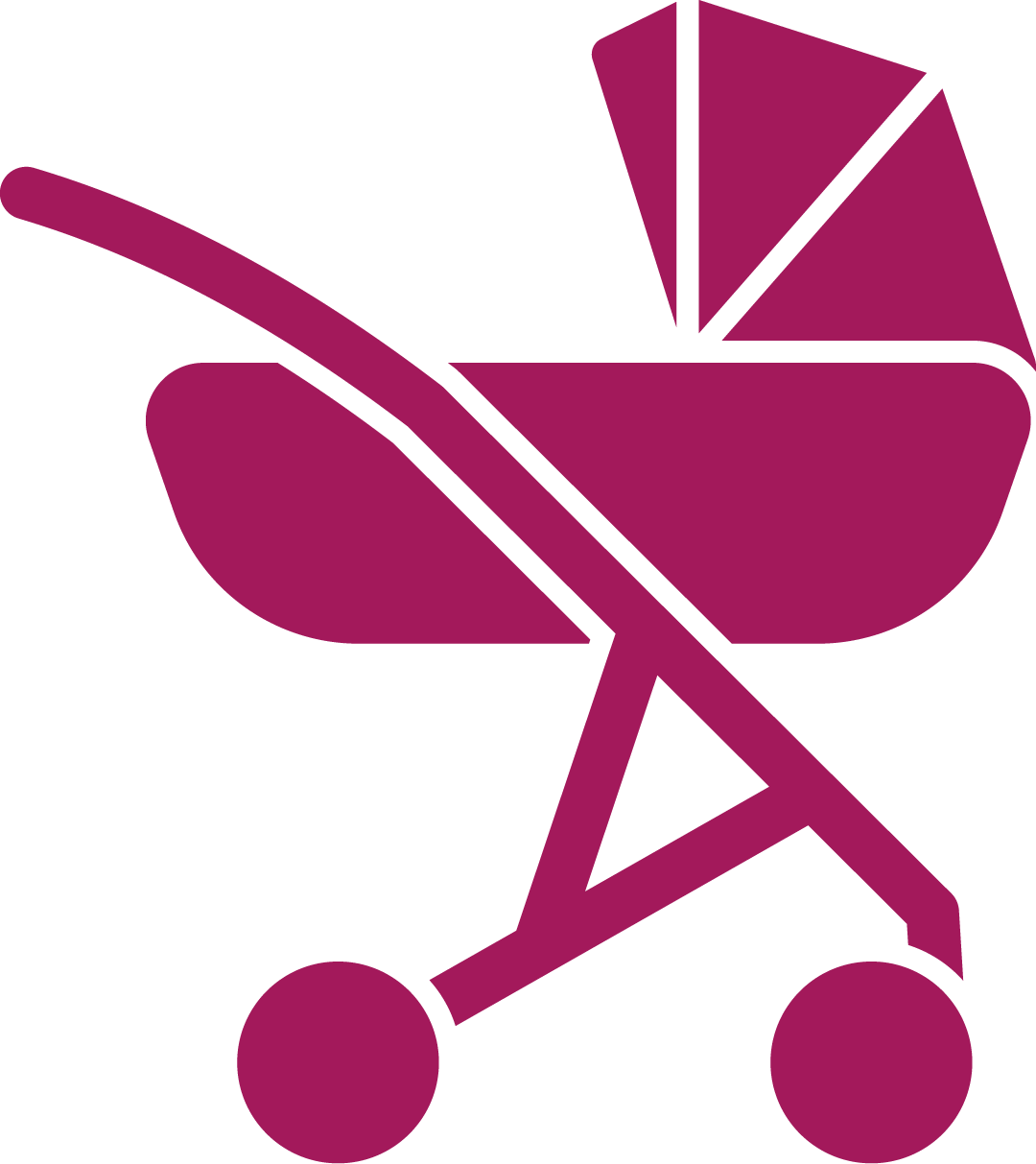 Pregnancy & First Days
Pregnancy & First Days
 Sleep
Sleep